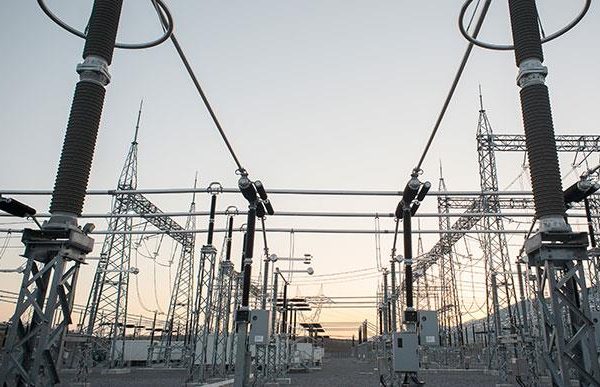The European Union and Germany’s Deutsche Gesellschaft für Internationale Zusammenarbeit have signed an agreement for the extension of the Nigerian Energy Support Programme Phase II until November 30, 2022.
To this end, the EU granted additional funding of €15 million to support the Nigerian renewable energy and energy efficiency sector.
This brings the total funding for the NESP II to €48 million, comprising €35 million from the EU, and €13 million from the German Federal Ministry for Economic Cooperation and Development (BMZ).
Under the NESP II extension, the programme will expand its activities and up-scale geographically, while extending its measures to strengthen the support to the Nigerian Government in the areas of solar battery recycling, clean cookstoves and access to finance mechanisms for renewable energy and energy efficiency investments.

NESP is a technical assistance programme co-funded by the EU and the BMZ since 2013.
It is implemented by GIZ in collaboration with the Nigerian Federal Ministry of Power and aims to foster investments for renewable energy and energy efficiency and improving access to electricity for disadvantaged rural communities.
Head of Cooperation at the European Union Delegation to Nigeria and ECOWAS, Cecile Tassin-Pelzer, commended the achievements of the NESP programme over the last years, saying: “The programme is a notable example of efficient cooperation among the EU and the Nigerian partners, bringing tangible results to the country.
“We are glad to continue this successful collaboration with GIZ and the Nigerian Government to help the country achieve the renewable energy and energy efficiency targets.”
The main activities of NESP are to advise public and private stakeholders on how best to utilise the potential of renewable energy and energy efficiency.
During the first phase (2013-2017), NESP supported the Nigerian Government in developing key sustainable energy policies and regulatory instruments such as the Mini-Grid Regulations, the National Renewable Energy and Energy Efficiency Policy, and the Building Energy Efficiency Code.
The first phase received a total funding of €24.5 million, with the EU and BMZ contributing €15.5 million and €9 million respectively.
In the second phase, which started at the end of 2017, NESP shifted its focus from framework support to implementation.
Two tender processes – the Mini-Grid Acceleration Scheme, and the Interconnected Mini-Grid Acceleration Scheme were developed to support private developers.
This was done in collaboration with respective distribution companies to set up mini-grids in unelectrified or underserved rural areas.
Country Director of GIZ Nigeria & ECOWAS, Ina Hommers, described the development of the NigeriaSE4ALL platform (nigeriase4all.gov.ng) in collaboration with the FMP as a major milestone of NESP lI.
“The platform aims to offer the most accurate data and latest tools that empower data-driven and least cost electrification planning in Nigeria. Over 3,000 settlements and 2.6 million buildings have been remotely mapped, with over 50,000 km electricity grid tracked in 22 states,” she stated.
Furthermore, NESP supports energy efficiency in buildings and industry, among other activities, by training professionals in how to conduct energy audits.
It also collaborates with national training institutes in offering trainings on clean energy, and is continuously expanding the Training Partnership Network, which was created in 2017.
Special emphasis is given to the promotion of gender equality in the sector by offering training scholarships and internships to women.

